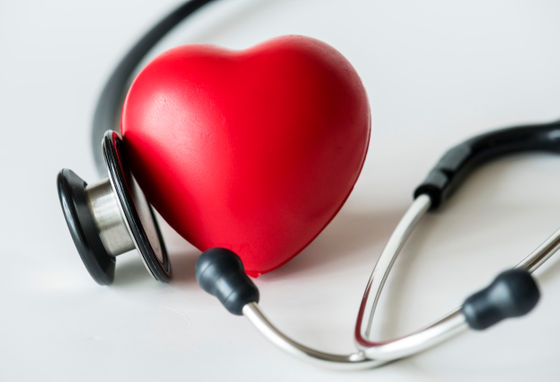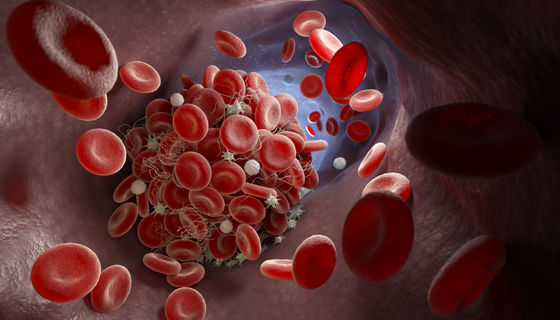One egg per day turns out to reduce the risk of heart disease, 'good cholesterol' is the key

Eggs are rich in nutrients such as protein, but some people refrain from eating eggs because they also contain a lot of cholesterol, which is said to clog blood vessels and pose a risk of cardiovascular disease. Previous
Association of egg consumption, metabolic markers, and risk of cardiovascular diseases: A nested case-control study | eLife
https://elifesciences.org/articles/72909
Eating up to one egg per day may help lower cardiovascular disease risk, research suggests
https://www.news-medical.net/news/20220524/Eating-up-to-one-egg-per-day-may-help-lower-cardiovascular-disease-risk-research-suggests.aspx
Consistent results have not been obtained on the effects of egg intake on heart health, with some studies benefiting and others detrimental. For example, a 2018 study of about 500,000 adults in China showed that eating one egg a day reduces the risk of heart disease and stroke. Few studies have been done to find out how it affects cholesterol in the blood.
Therefore, a research team led by Lang Pan of Peking University conducted a study on 4778 registrants of the China Cudley Biobank to investigate various components in blood using a method called nuclear magnetic resonance .

Of the 4778 participants in the study, 3401 had cardiovascular disease and 1377 had no cardiovascular disease. In addition, each participant was asked how often they would eat 11 kinds of foods including eggs.
When the research team analyzed the relationship between the levels of 225 metabolites measured from blood samples and the participants' egg consumption, 24 components affected by egg intake were identified. .. In addition, a study of 14 components associated with heart disease revealed that 'people who consume less eggs have more metabolites in their blood that are beneficial to heart disease than those who eat eggs regularly. There are few, and there are many harmful metabolites. '
Of particular interest is a protein called '

'The results of this study may support that eating the right amount of eggs can help prevent heart disease,' said Canqing Yu of Beijing University, co-author of the paper. More research is needed to examine the causal relationship that cholesterol plays in the relationship between egg consumption and the risk of cardiovascular disease. '
Also, co-author Canqing Yu said, 'This study may affect China's dietary guidelines. In China, eating one egg a day is recommended, but the actual average. Intakes have been found to be lower. Our study emphasizes the need for more strategies to encourage the public to consume moderate eggs in order to reduce the risk of cardiovascular disease. 'Masu,' he said, saying that efforts to increase egg consumption are required throughout the country.
Related Posts:







